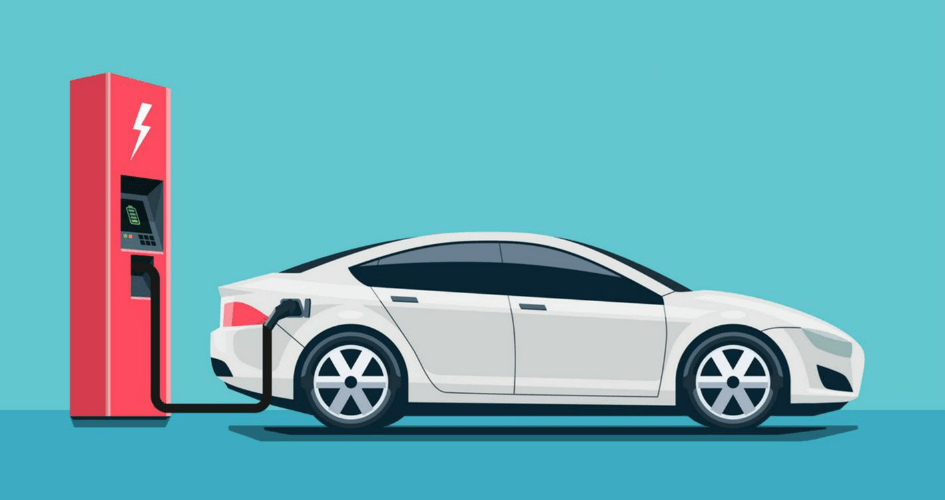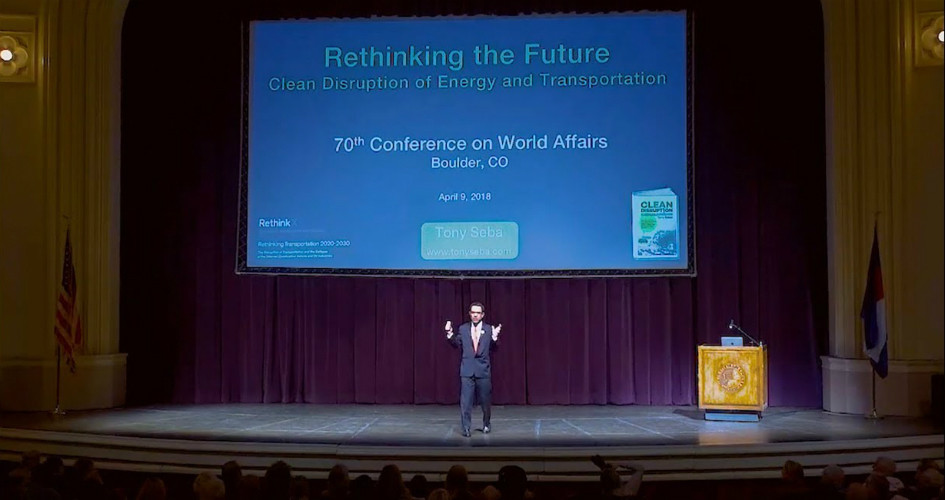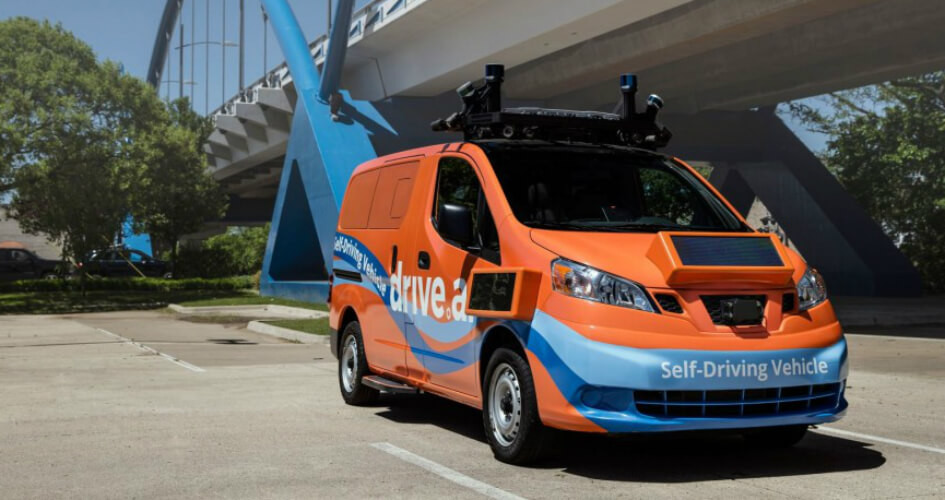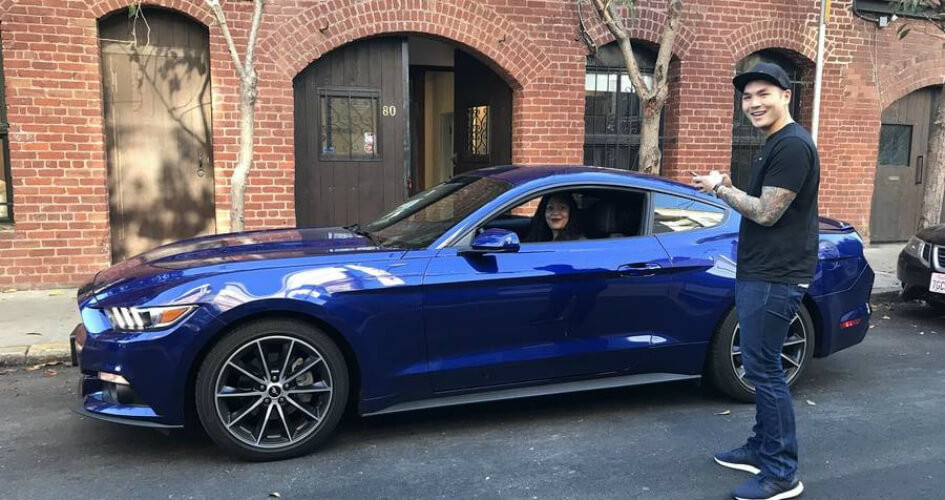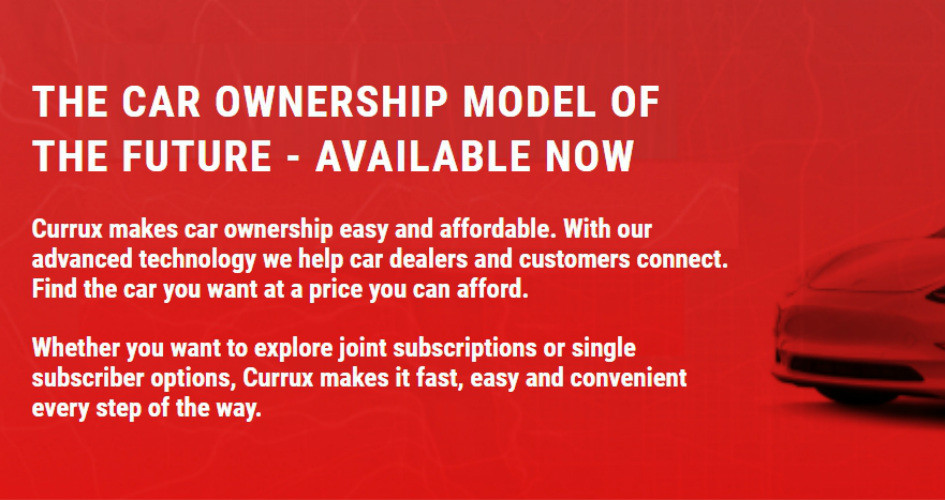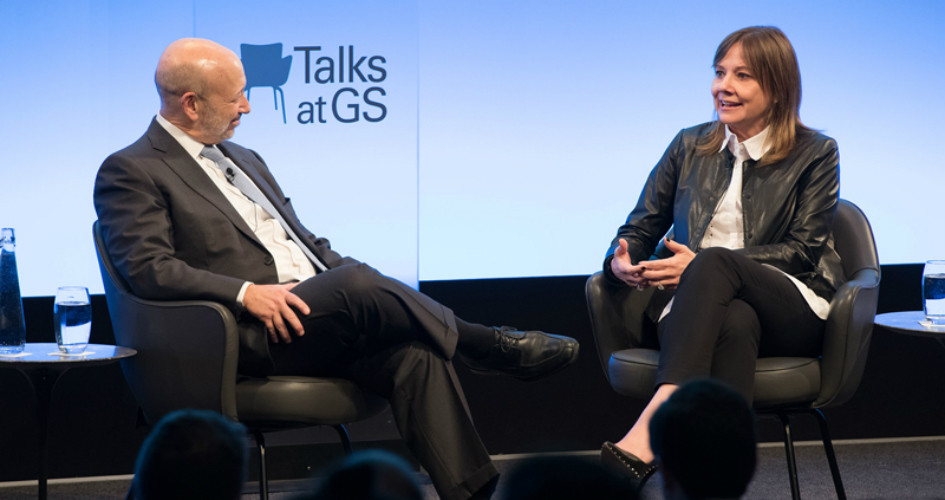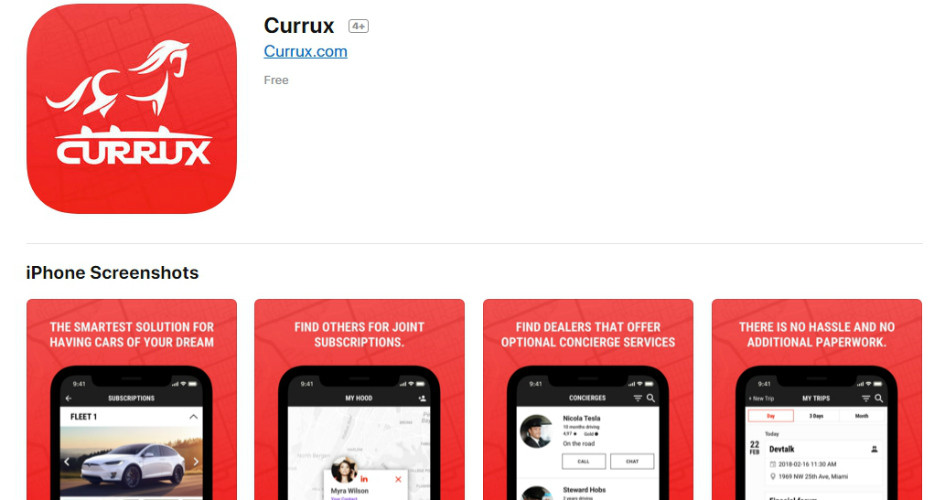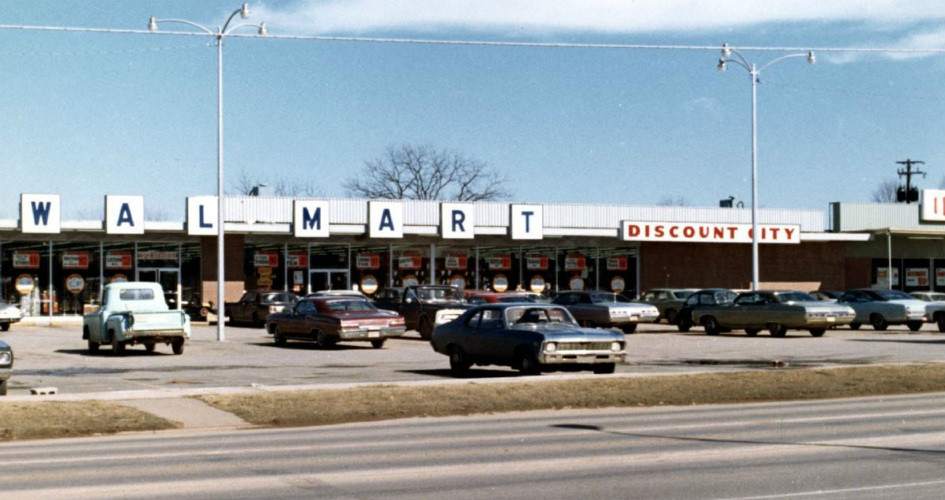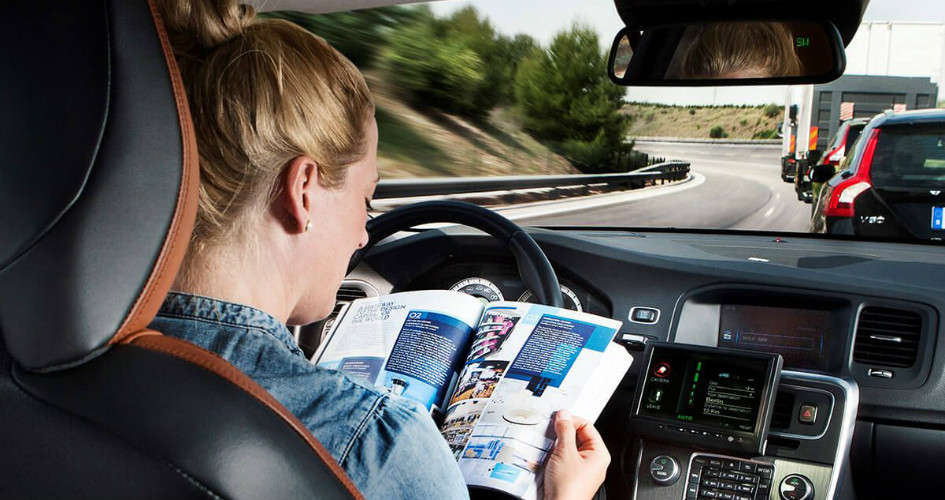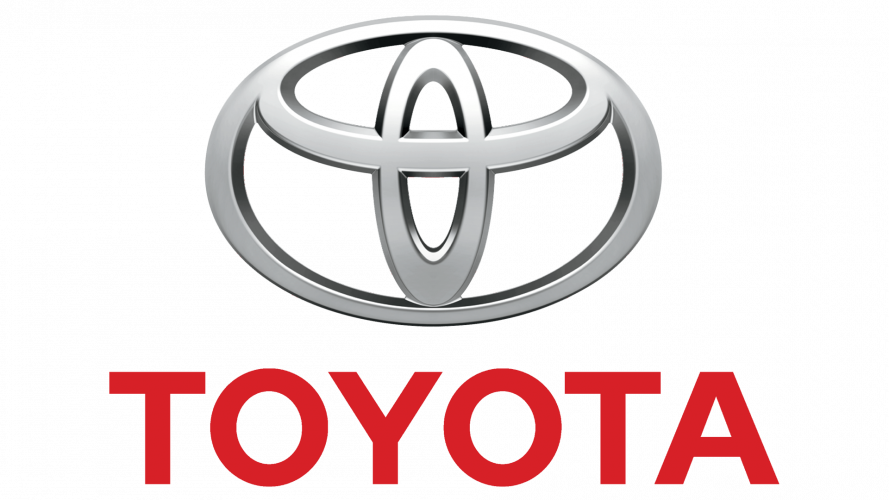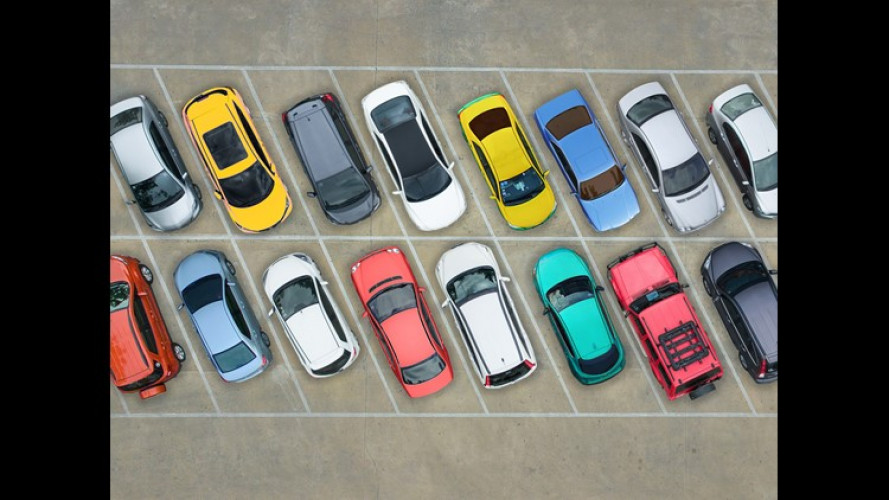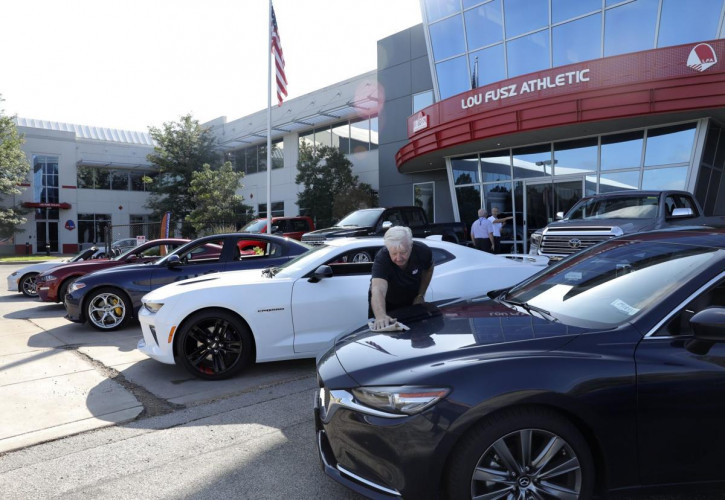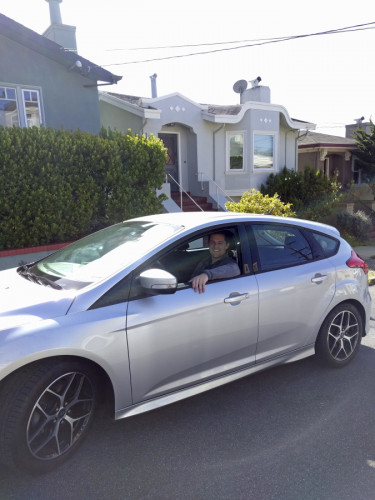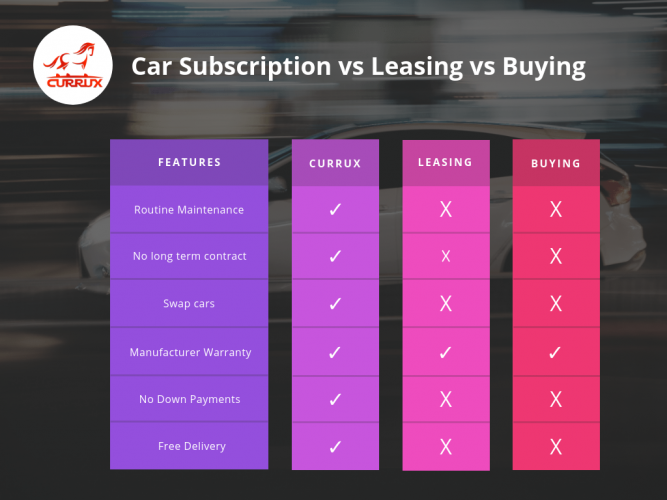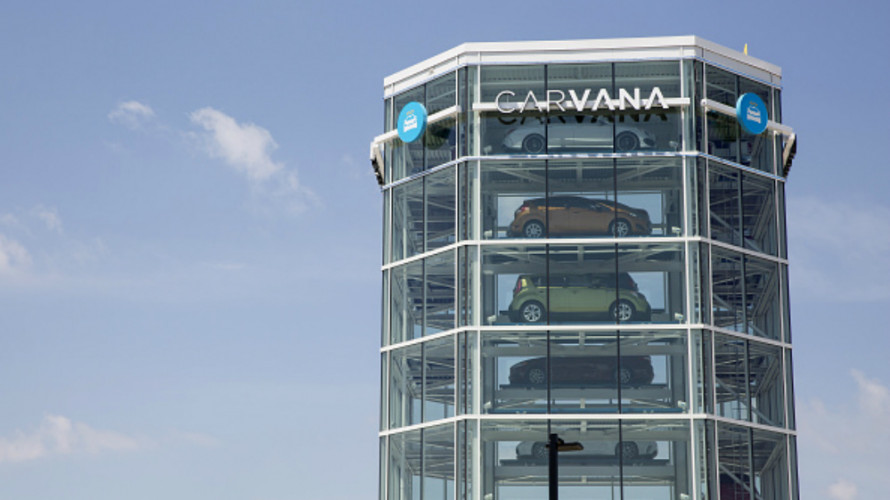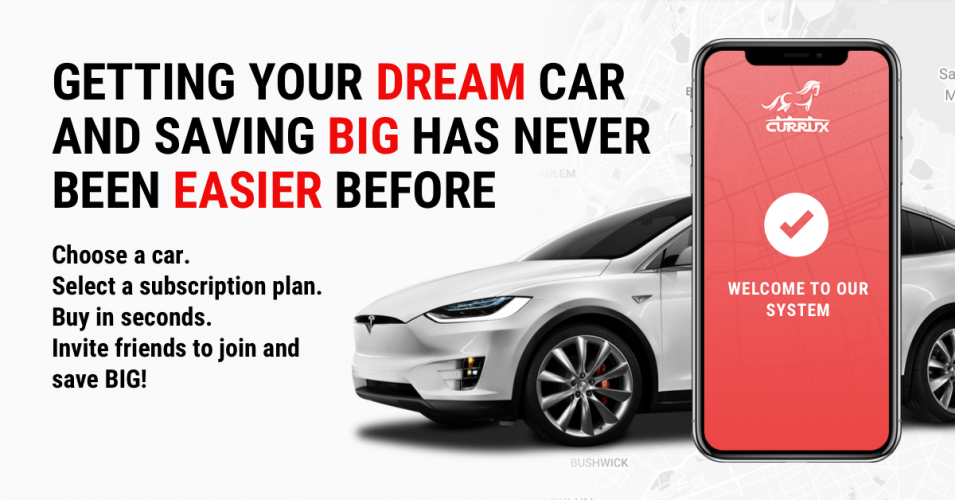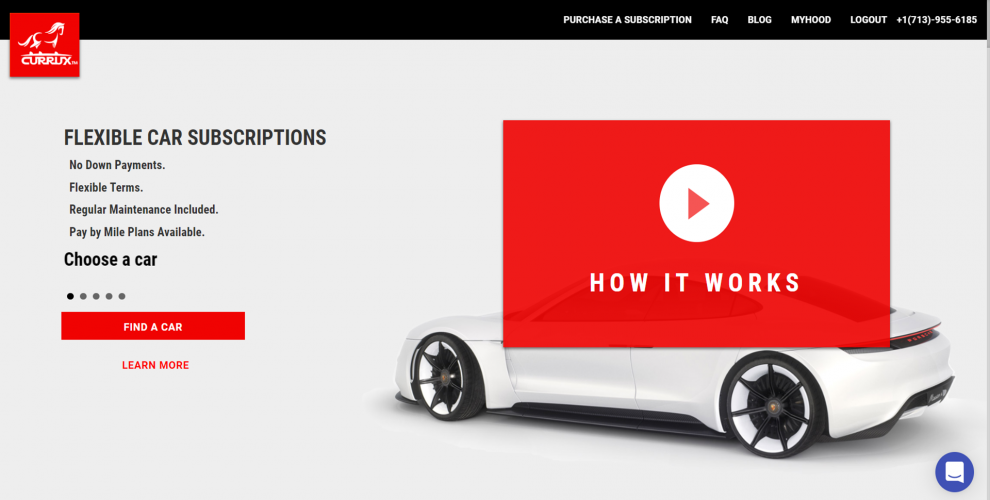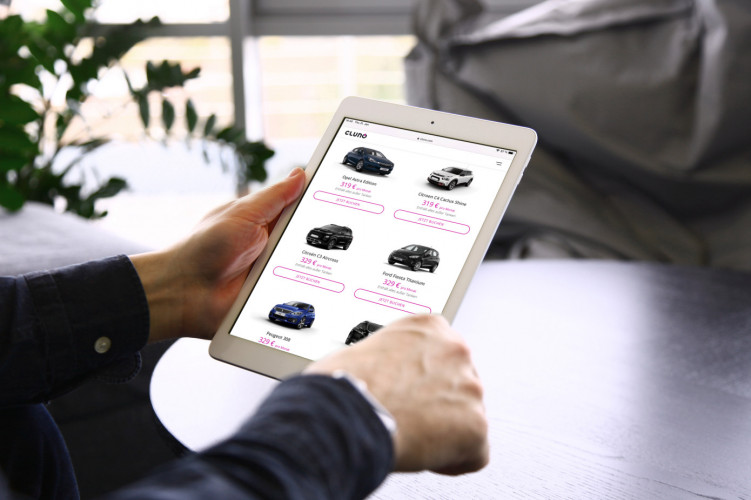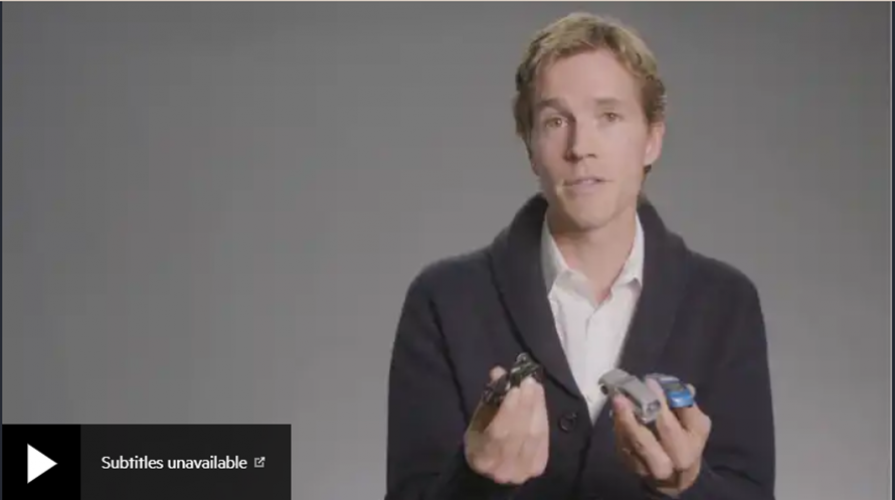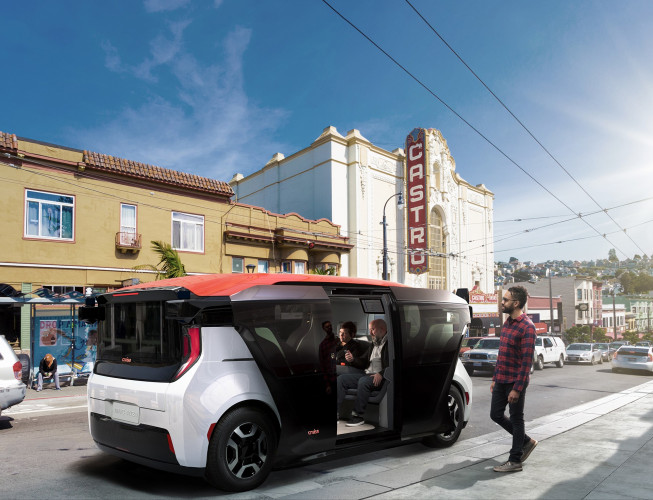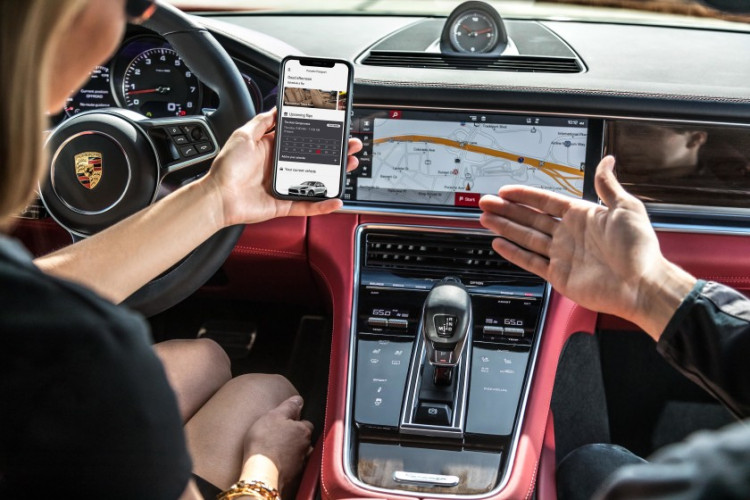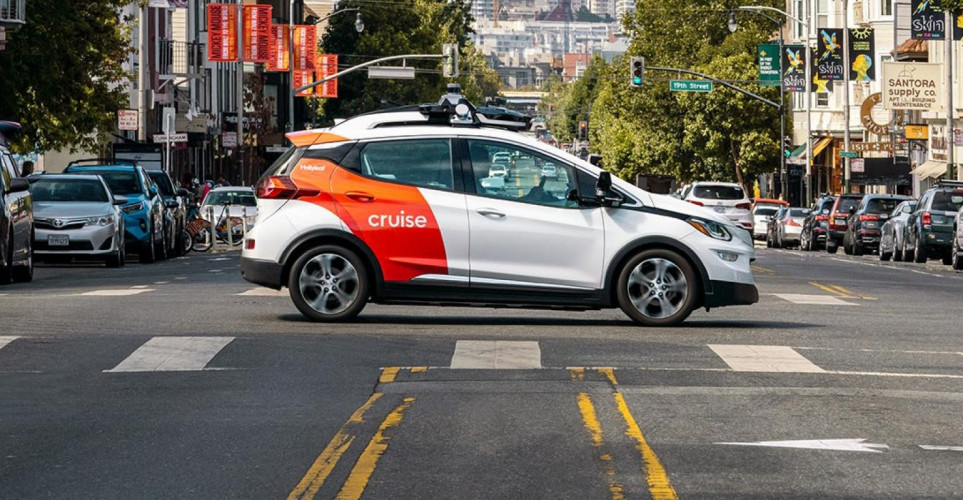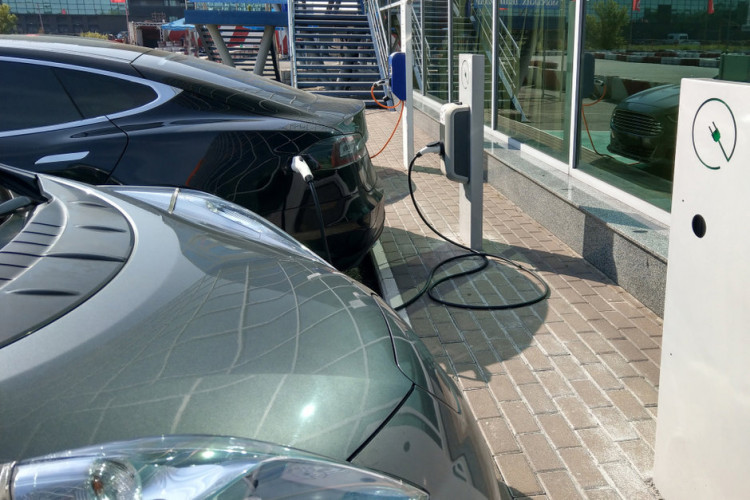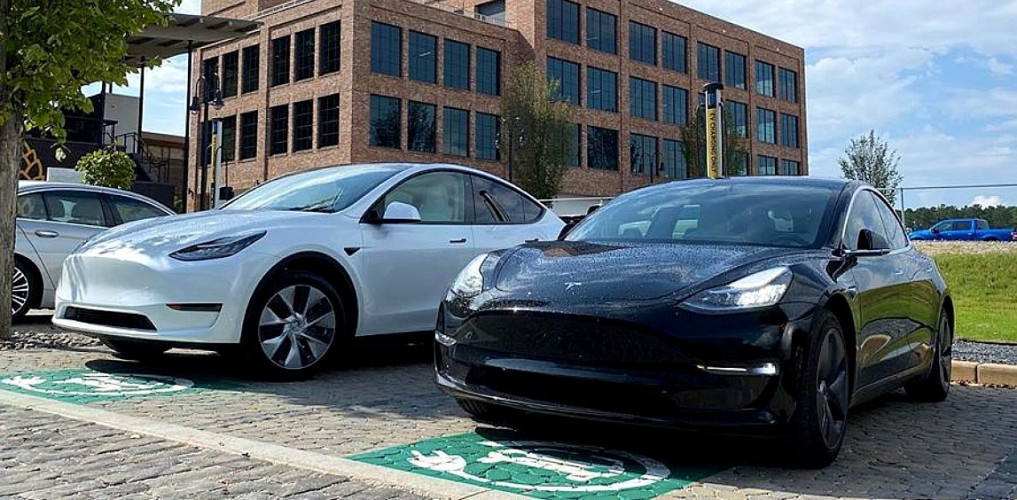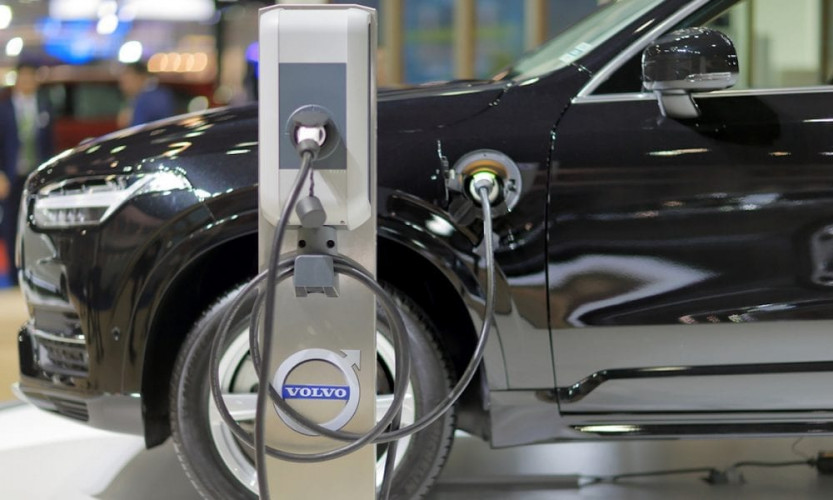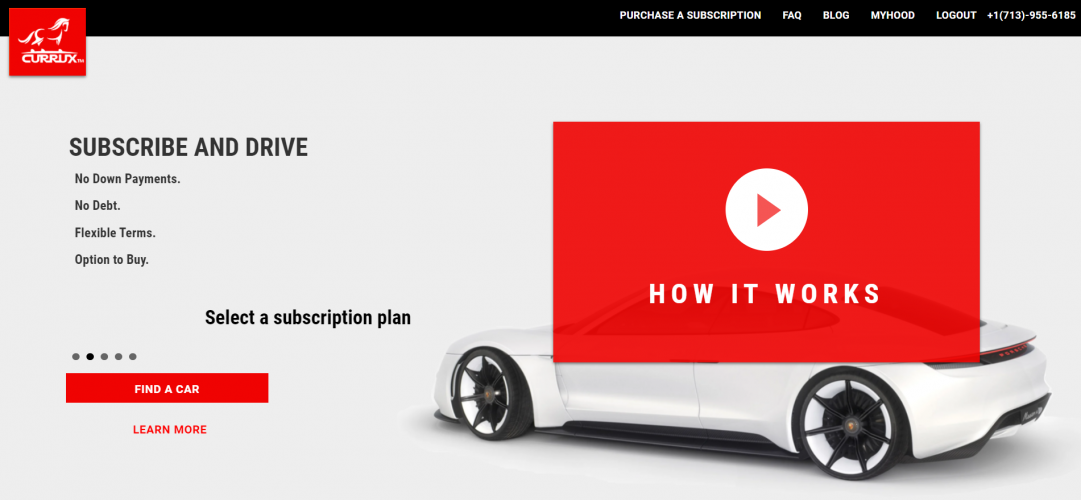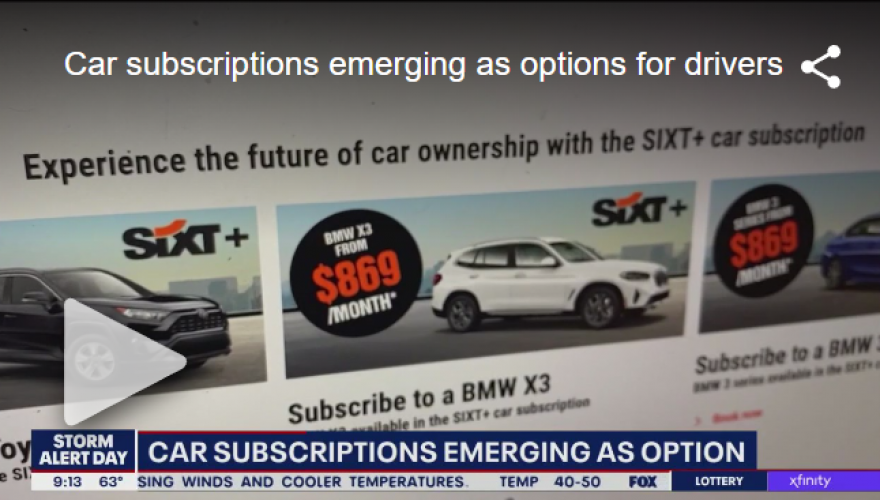By DAVID LAZARUS JUN 01, 2018 | 3:00 AM
Now another trend is emerging: so-called subscription services that allow people to pay a flat monthly rate and access vehicles as they please — an SUV for the weekend, say, a muscle car for the daily commute. Many costs, including insurance and repairs, are covered by the subscription fee.
Automakers, once again seeing how the wind is blowing, are keen to offer their own subscription services.
But in California, franchised dealerships are terrified of losing their position as the intermediary between vehicle manufacturers and drivers, and they’re taking steps to ensure carmakers keep their distance.
A bill passed the state Assembly this week that would prohibit vehicle manufacturers from getting into the subscription business, leaving the market solely to dealers and start-ups.
It’s hard to say how this would play out because subscription services are still in their infancy, but some consumer advocates and industry analysts worry that the dealers’ move would limit competition and thus potentially lead to higher prices.
“This would make the market a lot less competitive,” said Rosemary Shahan, president of Sacramento-based Consumers for Auto Reliability and Safety. “Dealers would be in a position to control things.”
AB 2107, authored by Assemblywoman Eloise Reyes (D-Grand Terrace), focuses primarily on franchising issues between carmakers and dealers, such as the cost of replacement parts and dispute resolution by state authorities.
But lurking in one of the bill’s provisions is seemingly innocuous language addressing competition between carmakers and dealers.
“If the manufacturer, manufacturer branch, distributor or distributor branch is also a franchisor, or an affiliate of a franchisor, it may not compete with any franchisee by directly or indirectly offering vehicles for sale, lease or subscription, unless these vehicles are offered exclusively by franchisees,” it says.
Manufacturers already are prohibited from direct sales or leases with consumers, so the only change here is the addition of the word “subscription.” The upshot is that carmakers would be unable to compete with dealers in offering these new services.
Reyes told me that the provision was brought to her by the California New Car Dealers Assn., which is concerned that subscription services are just a newfangled way of leasing vehicles, which the group’s members control.
“We don’t want to limit subscriptions,” she said. “But we don’t think these programs should be an end run around franchising and leasing agreements.”
Well, that’s the question. Are subscription services a new way of putting people in the driver’s seat or just leases in new clothes?
“It’s not leasing,” said Carroll Lachnit, senior consumer editor for the car site Edmunds. “In most cases, it wouldn’t be a new car you’re driving. Somebody has probably been in the car before you.”
Subscription plans, she said, “are something new, and they come in different flavors.”
At the moment, it’s mostly higher-end carmakers offering these programs to people who can afford monthly fees that can run thousands of dollars.
Porsche’s service, for example, is called Porsche Passport. Members pay a monthly fee of up to $3,000 to gain access to the company’s wheels through a mobile app. You can swap, or “flip,” vehicles as often as you want. A Porsche “concierge” delivers the car to your door and drives off in the old one.
Similar subscription services are offered by BMW, Cadillac and Volvo. Competitors include start-ups such as Canvas and Flexdrive.
“You can see the attraction,” Lachnit said. “Theoretically, you could flip a car every day.”
You also can see why dealers are freaked. They face the prospect of being cut out of the equation — that is, until the well-heeled clientele targeted by subscription services decide they want to buy a particular model.
Brian Maas, president of the California New Car Dealers Assn., told me his group isn’t trying to limit carmakers’ participation in this up-and-coming market. It just wants a guarantee that the companies will honor their relationships with dealers “as they do now.”
“We’re not talking about preventing manufacturers from getting into it,” he said. “All we’re saying is that if you’re a franchisor, use your franchisees to distribute the cars.” That’s how virtually all sales and leases work.
Yet dealers have no qualms about carmakers getting into the ride-sharing business, providing fleets of vehicles to people who want to use them on a temporary basis to play taxi driver.
Reyes’ bill explicitly states that manufacturers would not be prohibited from “establishing or partnering directly or indirectly with a personal vehicle sharing program.”
Apparently that’s a business dealers aren’t as interested in controlling, perhaps because they view ride sharing as more hassle than it’s worth.
But their two-faced approach to new technology illustrates dealers’ unwillingness to adapt to changing times. I pointed out to Maas that newspapers once had a monopoly on news, but we’ve had to change our tune as the market changed around us.
And we didn’t try to legislate who could compete with us.
Maas said he could appreciate the analogy. But he reiterated that when it comes to vehicle subscription services, why rock the boat? Why not stick with what works?
That’s the thing, though. These subscription services are new, and we can’t yet say if they’ll rock the boat, sink the boat or just be a whole new boat.
“We don’t know what will happen,” said Curt Augustine, senior director of government affairs for the Alliance of Automobile Manufacturers, a trade group. “What the dealers are doing is eliminating consumer choice before these programs even get off the ground.”
My sense is that the only practical way these programs will work is if carmakers and dealers cooperate with one another.
My sense is also that consumers lose when industry players and their friends in government conspire to set ground rules before we even see what rules are needed.
Reyes says she doesn’t want to limit subscription services.
Then don’t. At least not until limits are called for.

